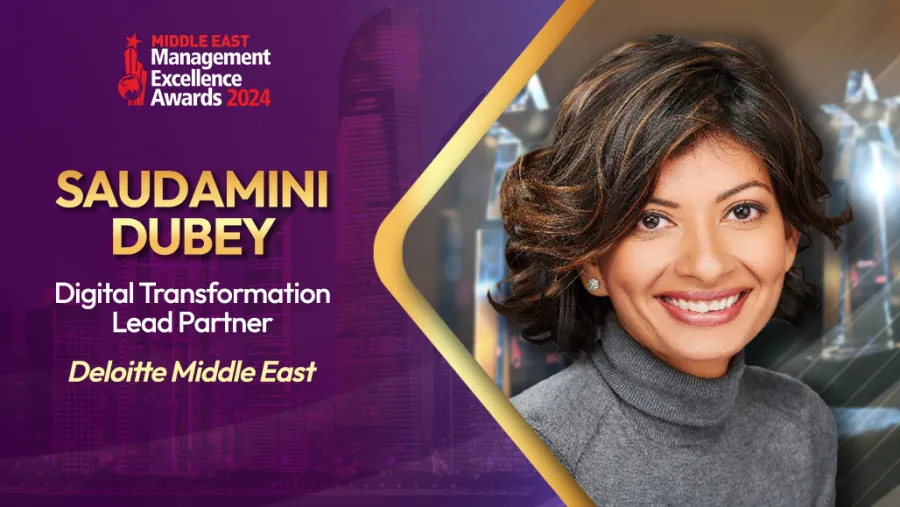
Saudamini Dubey of Deloitte urges organisations to adopt a 'learner-for-life' philosophy and embrace a culture of innovation
The Digital Transformation & Innovation Partner for Deloitte Middle East also called for organisations to be champions for a diverse and inclusive workforce amidst unprecedented growth of transformative technologies.
As the business landscape continues to evolve at an unprecedented pace, it is critical for organisations to continuously innovate and embrace the transformative power of emerging and immersive technologies. To remain relevant in this ever-changing digital economy, organisations must cater to the evolving needs of their customers, address the skills gap, enhance awareness of evolving regulations, and develop collaborative ecosystems. The above needs to be underpinned by a culture of innovation, collaboration, and experimentation.
With over two decades of experience in Global Consulting Firms in the Middle East and Africa, Saudamini Dubey has led and delivered transformative initiatives across various sectors in the private and public sectors. As an accomplished digital and innovation leader, with a passion for technology, Saudamini strongly believes in a “People First” culture. She embraces this important principle through her inspirational leadership and champions causes that are close to her heart. This includes responsible leadership, inclusivity and diversity, corporate citizenship, and Workforce of the Future.
In this interview with Saudamini as a judge in the 2024 Middle East Management Excellence Awards, she emphasized the importance for leaders to advocate for a lifelong learning philosophy. Investments in experience-led, immersive vocational training have been rising through the convergence of technologies like Generative AI and Extended Reality across industries including tourism, education, and health care. Additionally, in the Middle East, there were significant opportunities for embracing renewable energy.
As a leader in digital transformation, how do you approach the challenge of balancing innovation with operational stability, particularly in industries with stringent regulatory requirements?
Challenging the status quo and embracing a culture of experimentation to deliver sustained value is necessary for any innovation programme. This can sometimes feel contradictory to the need for stability and adherence to regulation in tightly regulated industries. Hence, striking the right balance between innovation and operation stability in industries with stringent regulatory requirements needs a layered and nuanced approach.
To strike the right equilibrium, it is pivotal to establish a robust framework that integrates innovation into the operational fabric of the organisation, including adherence to regulation. This calls for fostering a culture of compliance and creativity – to thrive alongside each other with teams understanding the importance of both these aspects. In addition, technology and automation can be allies for enabling the streamlining of operations through built-in safeguards and freeing up time for innovation. The development of sandbox environments for testing and experimentation in a controlled environment should be taken into consideration. This approach also requires an established need for stronger Public Private Partnerships (PPP) and closer collaboration.
Engagement with regulators at an early stage enables organisations to stay abreast of the latest regulatory requirements. This, in turn, allows organisations to fulfil their compliance obligations whilst promoting responsible innovation.
With your extensive experience in consulting, what are some common pitfalls you've observed in organisations’ digital transformation journeys, and how do you help clients avoid or mitigate these risks?
Whilst delivering complex digital transformation initiatives, common challenges faced include non-alignment of the programme’s vision and stakeholder priorities, skills gap, insufficient understanding of regulations, data quality issues, and insufficient focus on change management and communication.
In my role as advisor to clients across various industries in the Middle East and Africa, I stress the importance of laying a foundation of trust and transparency through a responsible, human-centred, inclusive programme. These programmes should cater to diverse user needs, data privacy, consent, safety, and security. In addition, whilst delivering digital transformation initiatives, my recommendations include clarity of programme sponsorship, engagement of stakeholders around a common vision, fostering a culture of collaboration, clarity on skill sets, transparent governance and planning for change management and adoption.
You are passionate about building a workforce of the future. In your opinion, what steps can organisations take to support continuous learning and upskilling initiatives for their employees?
Thank you for highlighting this. Yes, investing in the continuous growth and learning of a talented workforce is certainly a passion of mine. Given the rapid pace of technological change and the need to future-proof businesses, it is imperative for everyone in the organisation to be versatile learners.
Over the last year, there’s been a significant focus on how Generative AI can impact and augment different roles in an organisation. The adoption of vocational training through immersive learning like VR/MR/AR has also been on the rise.
Leaders in the digital era must inspire their teams to invest in their personal growth, foster a culture of knowledge sharing, provide access to learning platforms that cater to unique and personalised learning experiences, and deliver options for flexible learning (both physical and digital). In addition, leaders must also lead by example by continuously investing in their own learning – through formal programmes, self-paced learning, or reverse mentorship.
Looking ahead, what trends do you believe will have the greatest impact on businesses in the region, and how should organisations prepare to embrace these opportunities whilst mitigating potential risks?
The Middle East region is experiencing unprecedented transformation, and we are witnessing a spectrum of opportunities and trends that are poised to accelerate growth across industries. The region’s commitment to renewable energy presents a transformative opportunity given the ambitious net zero targets we are seeing across the private and public sectors. There is also a significant opportunity for taking a leading role in developing future-focused policies and regulations through enhanced Public-Private-Partnerships.
From the rise of digitalisation, the expansion of sectors such as aviation, sports, and tourism and investments in high-tech sectors such as spacetech, proptech, automotive, greentech, and healthtech – markets in the region have positioned themselves to be leaders in the digital economy.
Undoubtedly, it is also a very exciting time for start-ups across industries as private and public sector organisations are investing in incubators and accelerators across the region, such as the Fast50 Program for Deloitte Middle East.
Leading digital organisations, globally and in the region, are investing in a diverse and inclusive workforce and embracing a culture focused on continuous learning, innovation, and growth. These organisations are also more open to embracing emerging technologies such as GenAI, and they collaborate more with ecosystem partners. To be more responsive to the evolving consumer trends and technological advances in the region, it will be important to embrace agile ways of working and invest in a foundation of safety and security.
As a judge at the Middle East Management Excellence Awards, what are some of the key qualities or characteristics you look for in outstanding leadership teams?
Firstly, I’m grateful for the opportunity to be a judge at the Middle East Management Excellence Awards. I’m really looking forward to engaging with the teams and learning more about some of the exciting initiatives underway in the region.
At Deloitte, we have a concept called Digital DNA which is about re-wiring the organisation to truly Be Digital – from the leadership to talent management and organisational design. So, when I think about qualities that really stand out for outstanding leadership teams, the first thing that comes to mind is embracing a culture of innovation and collaboration– and this needs to come from the top. It is also important for leadership and teams to embrace agile ways of working and continuously innovate, experiment, and learn – whilst delivering exceptional value and experiences to the customer.
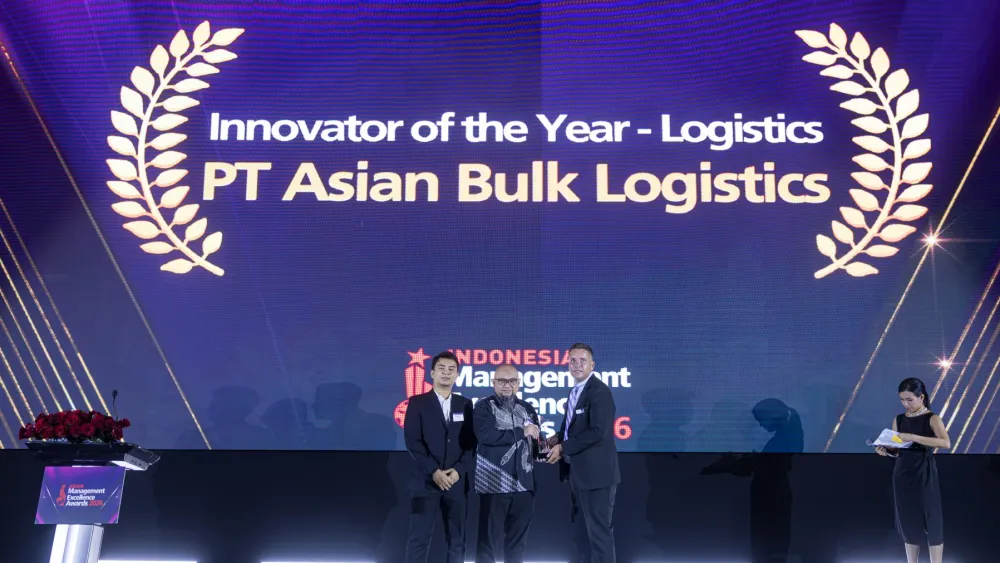
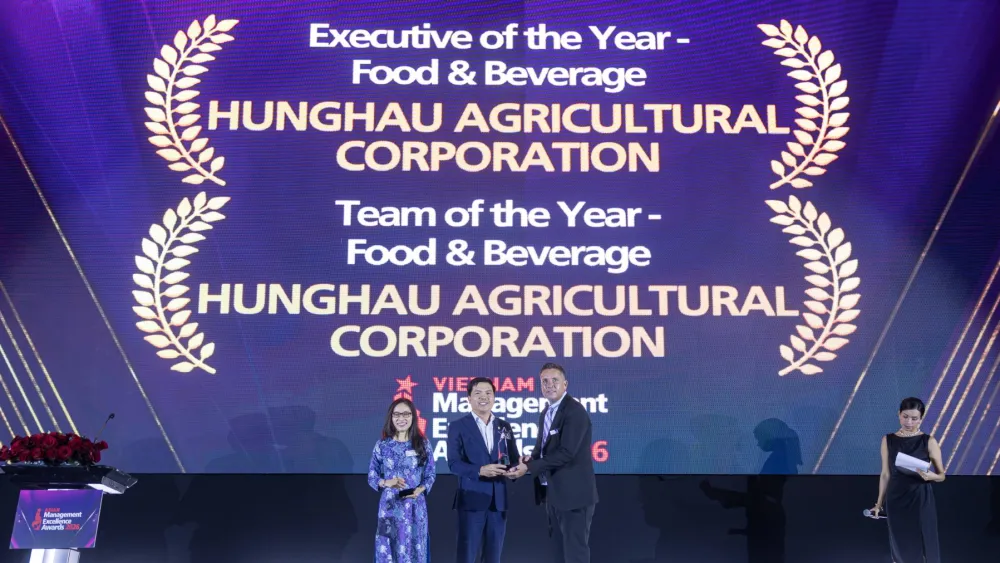








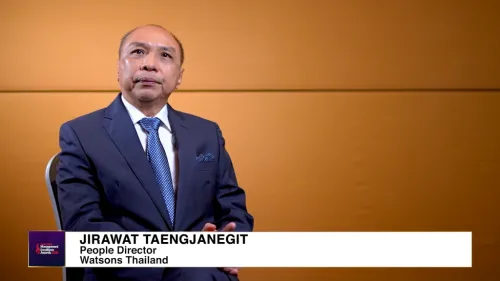


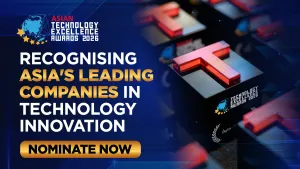





 Advertise
Advertise










